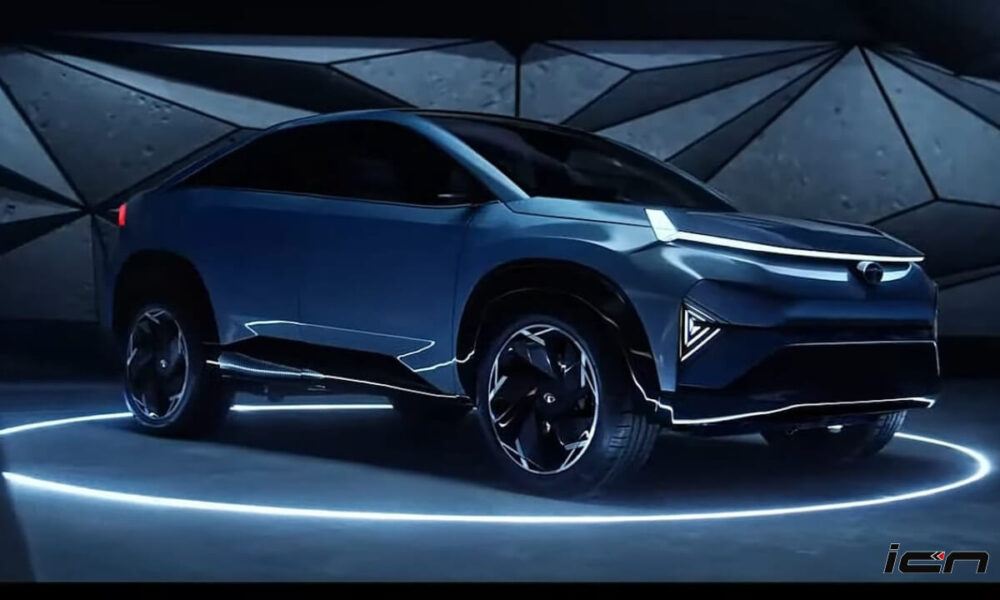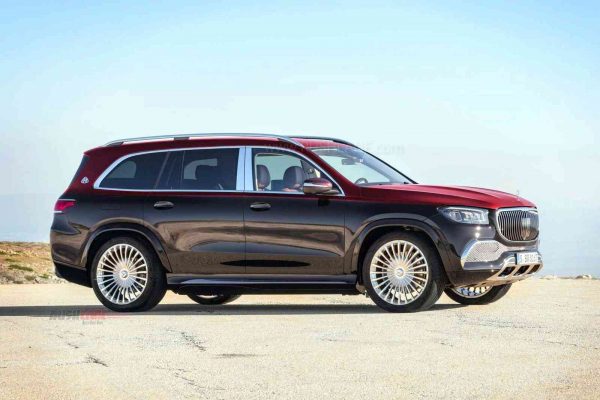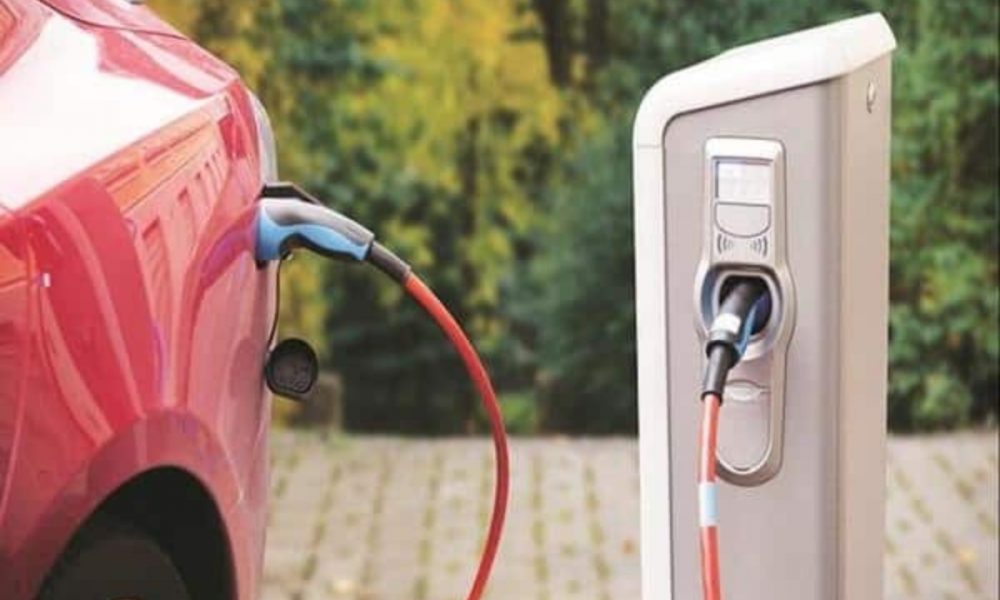When it comes to choosing between a sedan and an SUV, many car buyers find themselves weighing the pros and cons of both vehicle types. Each offers distinct advantages depending on your lifestyle, driving needs, and budget. Whether you’re a daily commuter or need a spacious vehicle for family road trips, understanding the differences between sedans and SUVs can help you make a more informed decision. In this article, we’ll compare sedans and SUVs across several key factors to help you determine which is right for you.
Space and Comfort: SUV Wins for Size, Sedan for Agility
Sedan: Compact and Efficient
Sedans are known for their compact size and agility, making them ideal for city driving. They typically seat five passengers, providing enough legroom and comfort for most daily commutes or short trips. Sedans also offer ample trunk space for groceries or small luggage, though larger cargo may require creative packing or the use of foldable rear seats.
SUV: Spacious and Versatile
SUVs, on the other hand, are designed to offer significantly more space and comfort. With larger interiors, SUVs provide generous legroom and cargo space. Many models offer third-row seating, making them a great option for families or those who need to transport multiple passengers regularly. The versatility of SUVs allows for more luggage, sports equipment, or even pets, without sacrificing comfort.
Which is Right for You?
- Choose a Sedan if you’re a city dweller who needs an efficient, easy-to-maneuver vehicle for daily commuting.
- Choose an SUV if you need extra room for passengers, large cargo, or if you frequently travel long distances with family or friends.
Fuel Efficiency: Sedans Typically Excel
Sedan: Fuel-Efficient and Budget-Friendly
One of the main advantages sedans hold over SUVs is fuel efficiency. Due to their smaller size and lighter weight, sedans are designed to be more aerodynamic, resulting in higher fuel efficiency. This is especially true for hybrid or electric sedans, which can save you money in the long run by reducing fuel consumption.
SUV: Improving Fuel Efficiency with Hybrid Models
While traditional SUVs have been known for lower fuel efficiency, modern advancements in hybrid and electric technology are changing this. Many automakers are offering hybrid or fuel-efficient SUV models, narrowing the fuel consumption gap between sedans and SUVs. However, standard gasoline-powered SUVs still tend to use more fuel compared to their sedan counterparts.
Which is Right for You?
- Choose a Sedan if you prioritize fuel efficiency and want to save money on fuel costs, especially for long commutes.
- Choose an SUV if you’re willing to trade some fuel efficiency for more space, or if you’re considering a hybrid SUV option.
Performance and Handling: Sedans for the Road, SUVs for Adventure
Sedan: Smooth and Agile
Sedans typically offer better handling and agility compared to SUVs. Their lower center of gravity allows for smoother cornering and a more responsive driving experience, particularly on highways and city streets. Sedans are also easier to park and navigate through tight spaces, making them ideal for urban environments.
SUV: Power and Off-Road Capability
SUVs are designed for more robust performance, with many models featuring all-wheel drive (AWD) or four-wheel drive (4WD) capabilities. This makes SUVs a better choice for off-road adventures or driving in harsh weather conditions, such as snow, rain, or muddy terrain. However, their larger size can make them harder to maneuver in tight city spaces.
Which is Right for You?
- Choose a Sedan if you want a smooth, nimble ride, and primarily drive in urban or suburban areas.
- Choose an SUV if you need off-road capabilities, or frequently drive in adverse weather conditions.
Safety: Both Offer Excellent Features, but SUVs Provide Extra Height
Sedan: Loaded with Modern Safety Features
Sedans come equipped with advanced safety features such as anti-lock brakes, airbags, lane departure warning, and adaptive cruise control. Modern sedans also integrate safety technologies like automatic emergency braking and blind-spot monitoring.
SUV: Safety and Height Advantage
SUVs typically offer the same safety technologies as sedans but have the added advantage of a higher driving position. This higher seating gives drivers a better view of the road, which can be particularly beneficial in heavy traffic or on winding roads. Larger SUVs are also built with stronger frames, which can offer more protection in a collision.
Which is Right for You?
- Choose a Sedan if you’re looking for a vehicle with modern safety features and prefer a lower driving position.
- Choose an SUV if you value a higher driving perspective and want additional protection from a larger vehicle.
Cost: Sedans Tend to Be More Affordable
Sedan: Budget-Friendly Options
Sedans tend to have a lower starting price compared to SUVs. They also offer lower insurance rates, maintenance costs, and registration fees, making them a more affordable option overall. For buyers on a tight budget, a sedan can provide excellent value for money without sacrificing key features.
SUV: Higher Costs but Greater Value for Space
SUVs generally come with a higher price tag due to their larger size and more powerful engines. However, the added space, versatility, and off-road capabilities often justify the higher cost, especially for families or outdoor enthusiasts.
Which is Right for You?
- Choose a Sedan if you’re looking for an affordable, cost-efficient vehicle with lower maintenance and insurance costs.
- Choose an SUV if you’re willing to invest more for additional space and versatility.
Conclusion: Which Is Right for You?
Deciding between a sedan and an SUV ultimately comes down to your personal needs and preferences. If you value fuel efficiency, affordability, and easy handling, a sedan is likely the right choice for you. On the other hand, if you need extra space, off-road capabilities, and prefer a higher driving position, an SUV might be the better option.
Carefully consider your lifestyle, driving habits, and budget to choose the vehicle that best suits your needs. Both sedans and SUVs have their own unique advantages, and understanding these can help you make an informed decision that you’ll be satisfied with for years to come.











